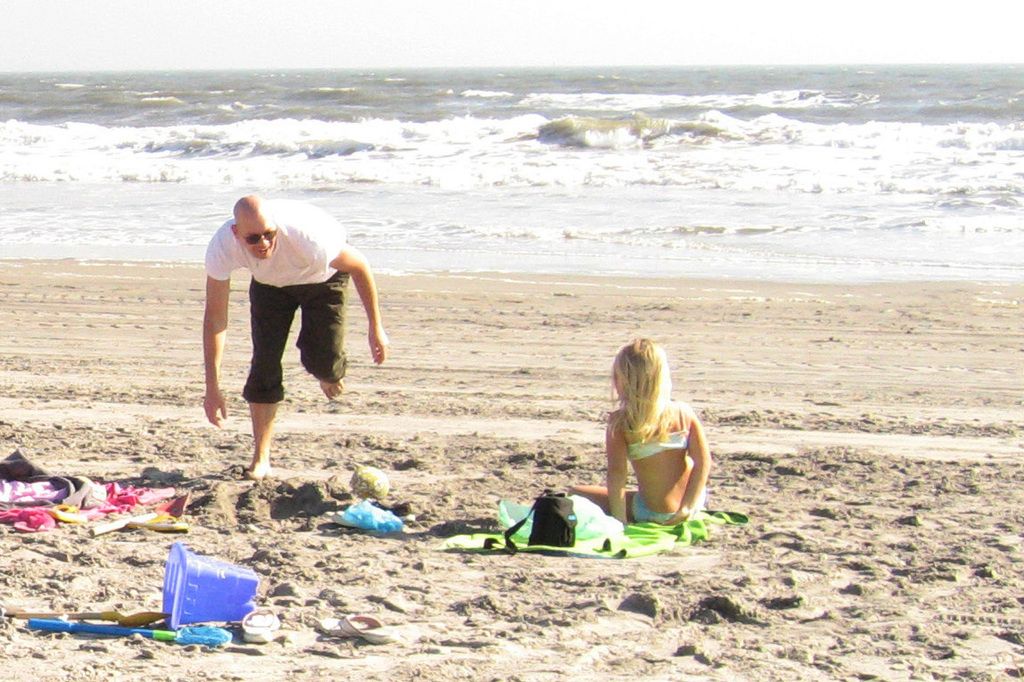Enhanced security measures at US airports implemented amid commencement of Trump's latest travel restriction policy.
FRESH TAKE:
President Trump's Travel Ban: A Second Chance with a Twist
Miami - The much-debated second round of President Trump's travel ban officially came into effect on Monday, stirring a mix of anxiety and relief at American airports. While some travelers with valid visas faced extended questioning, the chaos of the initial ban in 2017 seemed largely absent this time around.
The new ban targets citizens primarily from African and Middle Eastern countries, including Afghanistan, Myanmar, Chad, the Republic of Congo, Equatorial Guinea, Eritrea, Haiti, Iran, Libya, Somalia, Sudan, and Yemen. In addition, it imposes stricter restrictions on people from Burundi, Cuba, Laos, Sierra Leone, Togo, Turkmenistan, and Venezuela who don't hold a valid visa.
Contrary to the initial ban, the new proclamation does not revoke visas previously issued to individuals from the affected countries. However, individuals applying for visas who do not meet the criteria for an exemption after Monday will likely have their applications rejected. Travelers with previously issued visas should still be able to enter the United States post-ban.
Take the case of Vincenta Aguilar, a Guatemalan citizen, who, along with her husband, was subjected to three interviews by U.S. officials after arriving at Miami International Airport. Despite the in-depth questioning, they were eventually permitted to enter the country and reunite with their family in Florida. Guatemala is not among the countries included in the new ban or flagged for additional travel restrictions.
Similarly, Narayana Lamy, a Haitian citizen working for his home country's government, was expectedly put on hold after showing his passport and tourist visa at the Miami airport, allowing time for a U.S. official to confirm his entry via phone.
For some, like Luis Hernandez, a Cuban citizen and long-time U.S. resident, frayed nerves were unnecessary. He faced no issues upon returning to Miami after a weekend visit to Cuba, needing only to show his resident card.
A Lesson from the First Ban
During Trump's initial term, a hurriedly drafted executive order caused chaos at numerous airports and other points of entry. The policy faced successful legal challenges and substantial revisions, especially for citizens of mainly Muslim countries.
Yet, the new ban appears more meticulously crafted, focusing on the visa application process and designed presumably to withstand legal challenges. Critics argue that the ban is not about heightening national security but is instead aimed at sowing division and targeting specific communities.
Some immigration experts suggest that the new ban is more nuanced, providing exemptions for certain individuals and groups under specific conditions. The exemptions range from lawful permanent residents, refugees, and asylees to individuals whose entry is deemed in the national interest by the U.S. Attorney General or Secretary of State.
Despite the continued criticism, the new travel ban marks a shift in immigration policy that will likely influence travel patterns and alter the lives of many around the world.
Sources:
- "Donald Trump's travel ban: Which countries are affected?" BBC News, 2021, https://www.bbc.com/news/world-56137285
- "Trump's Travel Ban, Explained" NPR, 2021, https://www.npr.org/2021/06/01/1002871072/trumps-travel-ban-explained
- "Trump Administration Unveils New, Revised Travel Ban" AP News, 2021, https://apnews.com/article/861c1fd5c3bb4f60b8a4695a8dcb4845
- "FAQ: Executive Order on Immigration and travel to the U.S." U.S. Department of State, 2021, https://travel.state.gov/content/travel/en/legal/visa-law0/visa-bulletin/2021/visa-bulletin-for-january-2021.html
- "Special Immigrant Visa Eligibility Criteria" U.S. Citizenship and Immigration Services, 2021, https://travel.state.gov/content/travel/en/legal/visa-law0/visa-bulletin/2021/visa-bulletin-for-december-2021.html
- The new travel ban, unlike the initial one, is designed to potentially withstand legal challenges, focusing on the visa application process and targeting primarily citizens from African and Middle Eastern countries.
- In Seattle, a city far from the chaos at American airports, political discussions are ongoing about the new travel ban, with some claiming it is aimed at sowing division and targeting specific communities, while others argue it is a necessary measure for national security.
- Despite the legal challenges, general news outlets, such as BBC News, NPR, AP News, and others, have reported on the new travel ban, highlighting its nuances, such as exemptions for certain individuals and groups under specific conditions, and the potential impact it could have on sports teams, businesses, and academic institutions seeking international talent.








